Is XRP a Security?
Abstract: The question of whether XRP is classified as a security has been a hot topic in the world of cryptocurrencies. At the heart of the debate is Ripple Labs, the company behind XRP, which is currently in a legal battle with the U.S. Securities and Exchange Commission (SEC). The SEC claims that XRP is an unregistered security, while Ripple argues that it is a cryptocurrency. The outcome of this dispute could have significant implications for the regulation of cryptocurrencies.
Ripple and XRP: An Overview
Ripple, established in 2012, created the Ripple payment protocol and network. This technology is designed to facilitate secure, instant, and low-cost global transactions. XRP, Ripple's digital currency, acts as a bridge currency for these transactions, offering versatility for global liquidity.
Ripple's role in the XRP ecosystem is significant, as it holds about half of the XRP supply and sells it periodically to fund operations and invest in projects that could increase XRP's utility. This has led to discussions about Ripple's influence over XRP's value and its potential classification as a security.

The Legal Battle: XRP as a Security
The crux of the debate is the application of the “Howey Test,” which determines if a transaction is an investment contract, thus qualifying as a security. The SEC argues that XRP investors expect profits primarily from Ripple's efforts, making it a security. Ripple counters this by emphasizing the decentralized nature of XRP.
The legal battle began in December 2020 when the SEC sued Ripple Labs, alleging it raised over $1.3 billion through an unregistered securities offering. This case is not just about Ripple; it's about the broader regulatory framework for digital assets.
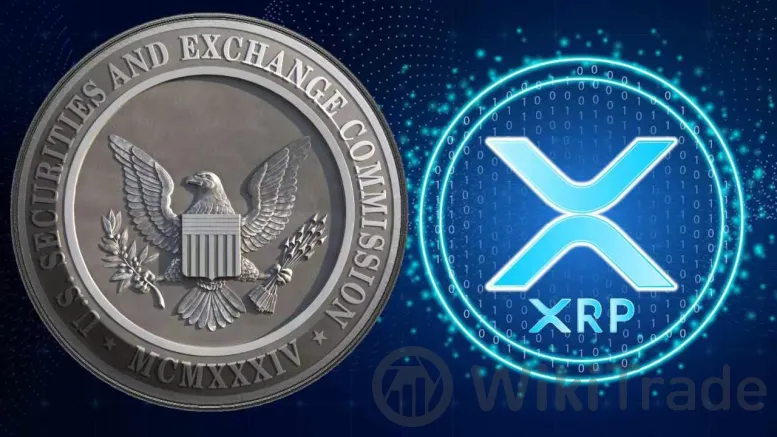
Market Impact: XRP Price Volatility
XRP's price has been volatile, influenced by market sentiment, investor behavior, and legal news. Regulatory decisions, especially from the SEC, can cause significant price movements. The availability of XRP on exchanges also affects its liquidity, with regulatory news impacting its presence.
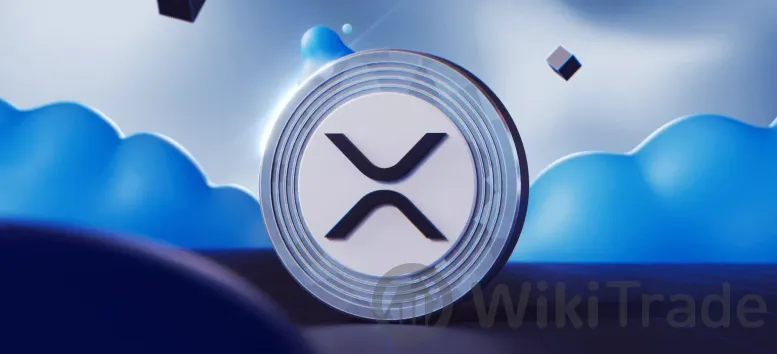
Key Events Affecting Market Value
Events such as the SEC lawsuit, court rulings, and comments from financial figures can cause substantial fluctuations in XRP's market value. Positive developments in Ripple's legal case often lead to price surges due to investor confidence.
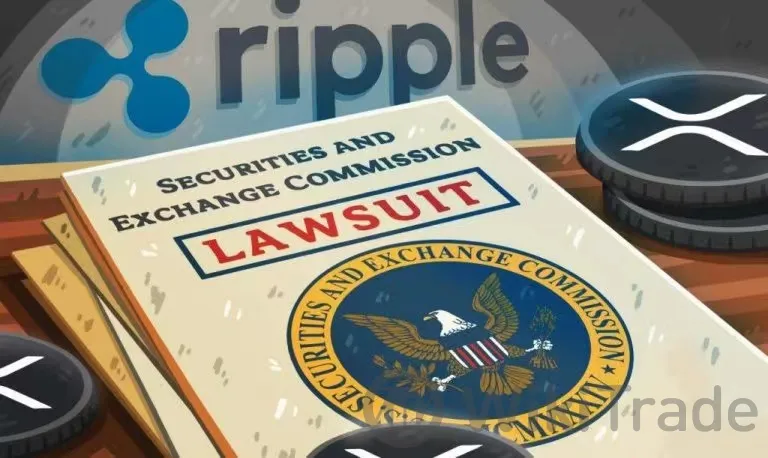
SEC and Cryptocurrency Regulation
The SEC's role in regulating financial instruments is critical, and its approach to cryptocurrencies has been cautious. The SEC argues that many cryptocurrencies, including XRP, might be classified as securities, subjecting them to specific regulatory frameworks.
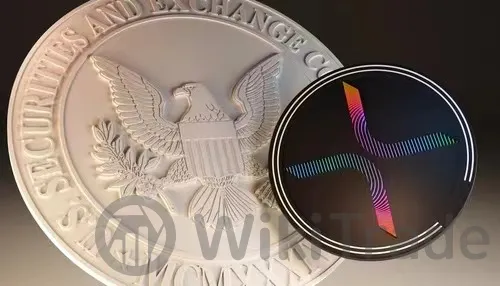
Similar Cases and Their Implications
Examining similar cases, like Ethereum's Ether and the EOS ICO, provides insight into how the SEC might view XRP. These cases highlight the SEC's strict enforcement and the nuances that determine if a digital asset is a security.
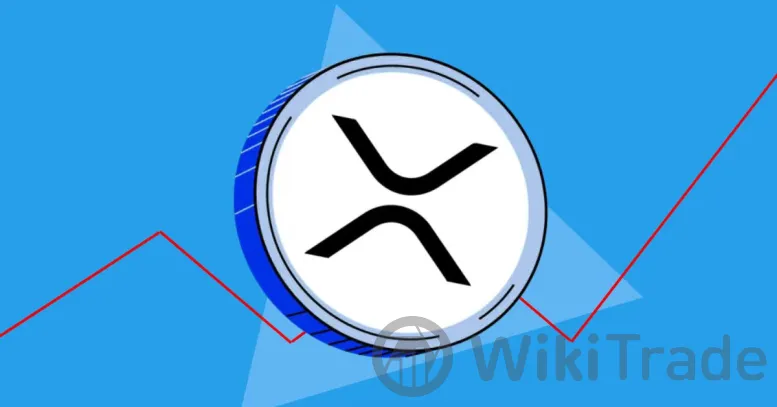
Legal Challenges and the Future of Cryptocurrencies
The legal landscape for cryptocurrencies is evolving, with many uncertainties. As regulators grapple with new technologies, the market faces significant legal challenges. Staying ahead of legal interpretations and regulatory changes is crucial for stakeholders.
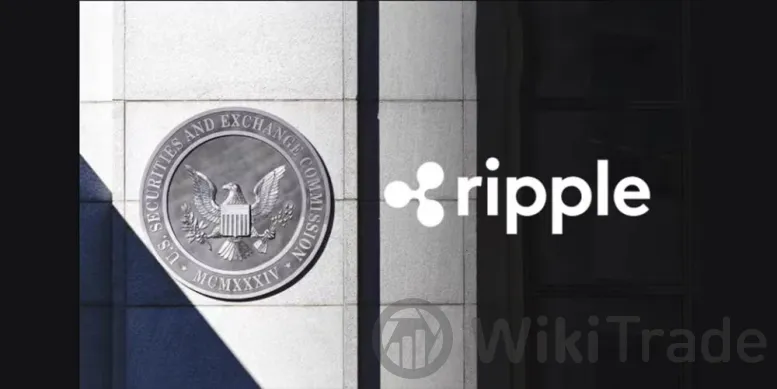
Conclusion
The classification of XRP as a security is significant for Ripple and the broader cryptocurrency market. Ripple's legal battle with the SEC could set a precedent affecting the regulatory approach to other cryptocurrencies. Ripple's engagement with the legal system is pivotal in shaping the legal landscape for digital currencies.
FAQ
What is XRP?
XRP is a digital currency used on the Ripple network, designed for fast international transactions. It acts as a bridge currency, streamlining transactions between different currencies and reducing traditional banking costs and time.
What is a security?
A security is a financial instrument representing ownership or a creditor relationship. It includes stocks, bonds, and investment contracts, and is subject to specific regulatory frameworks.
Why is the SEC interested in Ripple and XRP?
The SEC is interested because it alleges Ripple conducted an unregistered securities offering by selling XRP as an investment, promising profits based on Ripple's efforts.
What is the current status of Ripple's legal dispute with the SEC?
Ripple has seen several court victories, including access to internal SEC discussions on cryptocurrencies. The ultimate resolution of XRP's classification is still pending.
What impact would a Ripple victory have on other cryptocurrencies?
A Ripple victory could limit the SEC's ability to regulate certain cryptocurrencies as securities, potentially easing regulatory pressure and encouraging innovation.
These are the key points from the article on whether XRP is a security, presented in a clear and concise manner.




Top News
 WikiTrade
WikiTrade WikiTrade
WikiTrade WikiTrade
WikiTrade WikiTrade
WikiTrade WikiTrade
WikiTrade WikiTrade
WikiTrade WikiTrade
WikiTrade WikiTrade
WikiTrade WikiTrade
WikiTrade WikiTrade
WikiTrade


